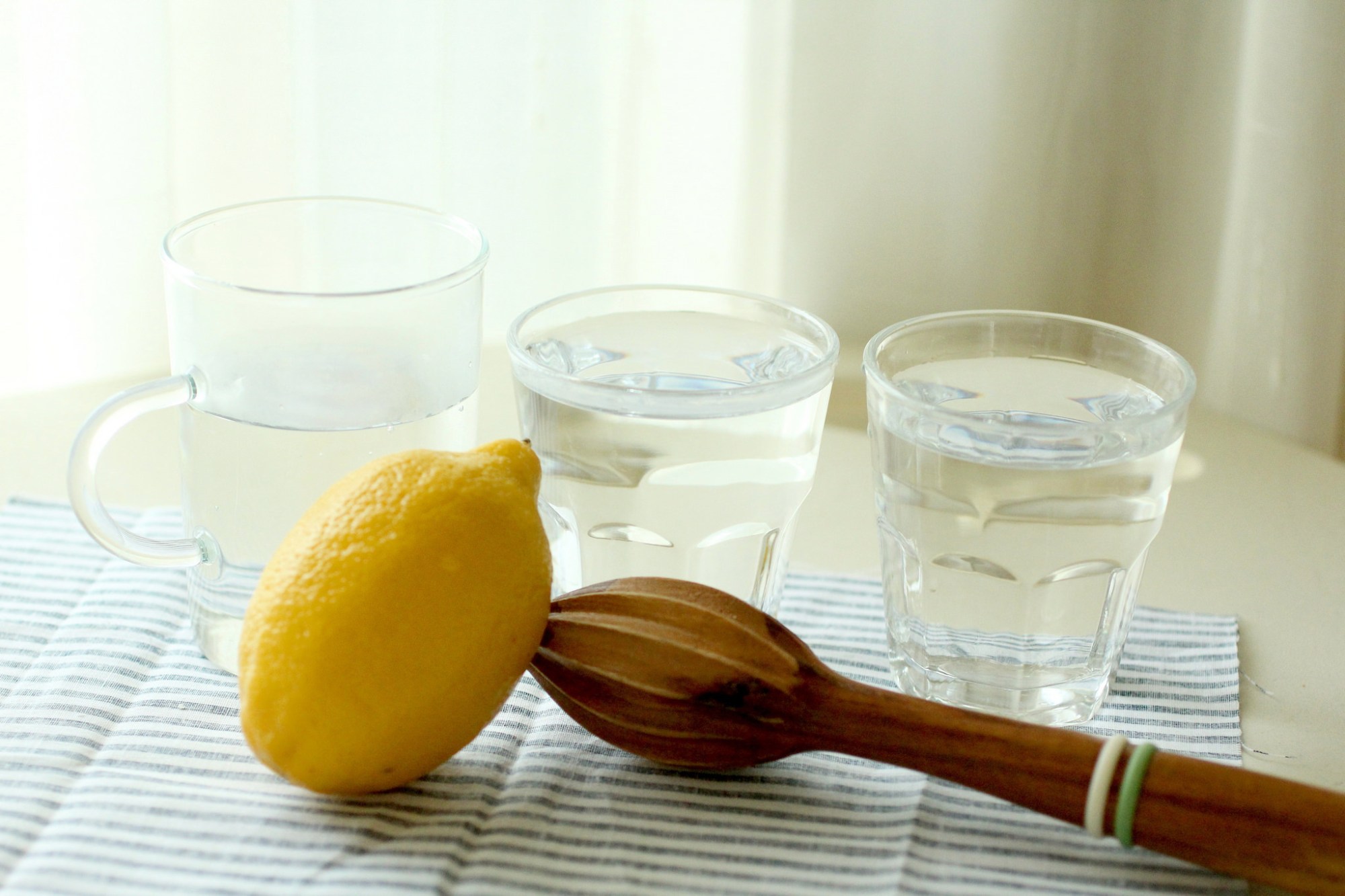By day three of our raw fruit cleanse, my two roomies and I were face down on the couch with killer headaches. We were the latest inductees to the cult of detox, which saw Beyonce try out Master Cleanse and Gwyneth Paltrow wax lyrical about the benefits of protein shakes. Apparently, we lacked their commitment to what felt like torture, and ended our detox as soon as one of us could muster the strength to dial for a pizza.
Over the last couple of years, the detox industry has been hit hard with criticism that, well, it’s all a myth. Companies promoting cleansing products look no better than old-time travelling medicine shows pushing a cure-all elixir. But if modern day cleanses really don’t do anything, why do we buy so many of them? Surely there must be some truth to the idea our bodies need to be cleansed.
People have been detoxing for thousands of years: the Indian Ayurvedic tradition prescribed a strict cleansing regime—oil massages, enemas and herbal jams—for the last two and a half centuries. They believed disease is caused by the accumulation of toxins in the digestive tract. The ancient Greek physician Hippocrates came up with a similar theory. He decided that we had to get these toxins out of the body—usually through bloodletting, sweating, even vomiting. Some of his purification techniques were more effective than others. Even major religions deal in detoxing: from Islam’s Ramadan to the Christian Lent, faith and fasting go hand in hand.
Come the 19th century and the rise of germ theory, these theories went out of favour: scientists had figured out most disease was caused by microorganisms, not their vaguer cousin, “the toxin.” Cleanses were no longer considered medical or scientific endeavours.
Today, detoxification is classed under the banner of complementary medicine—think naturopathy or homeopathy. Dr Jon Wardle is the head of policy, regulatory and legislative stream of the Australian Research Centre in Complementary and Integrative Medicine. He’s also the department’s expert on medical history. He told i-D our detox revival really began in the 70s, when “people started questioning a lot of authority figures.” One key target: conventional medicine. As people adopted a more critical approach to health, “they started to question their doctor, which was never done beforehand.”
What began as a counter-cultural movement soon evolved into the multi-billion dollar detox industry we’re familiar with today. Dr Wardle reflects that modern day alternative therapies have ironically become very prescriptive: it’s less about a holistic cleanse, and more about a quick fix. “We’re starting to see increasingly targeted detoxification products,” he notes. “If you drink too much alcohol, have this to detox.”
Alongside hangover cure-alls, juice fasts and liver tonics, we find another jewel in the cleansing crown: colonics. For anyone unfamiliar, it’s the process of flushing out the colon with water to remove built-up waste.
President of the Australian Colonic Hydrotherapy Association Anna Paredes reckons the procedure has a leg up on other increasingly popular detox systems. She says it cleans three organ systems at the same time: the liver, the bowel and the blood. When she started performing colonics 22 years ago, there were only two clinics in Sydney. “We hardly advertised. It was all word-of-mouth,” she recalls. “Now that there’s more advertising, there’s more clinics. Every second person’s doing it.” Cleanses, of even the most invasive variety, are getting more popular.
Just like fasting, colonic irrigations have a well-documented history dating back to ancient Egypt. The Ebers Papyrus—which is more than 3,000-years-old—even reccomends the technique. Some people believe Jesus actually refers to colon cleansing in the Essene Gospel of Peace: a rare book found in the Vatican library in 1923.
Though cleansing has centuries of fans—one of whom might’ve been nailed to the cross—modern day doctors are skeptical. Dietitian and spokesperson for the Dietitians Association of Australia Trent Watson believes the idea that the body needs to be cleansed has been sold to the public by the detox industry’s marketing departments.
“Fundamentally, our body is designed to detox itself continuously, that’s what our liver and kidneys do,” he explains. All the cleansing we need is taken care of by our own organs. While detox diets often helpfully exclude alcohol and caffeine, they also tend to exclude other essential food groups like carbohydrates. Trent thinks these detoxes aren’t really about a healthier body, rather, it’s about weight loss. “Whether it’s sugar-free, whether it’s detox, or whatever, they’re all aspiring to do the same thing,” he adds.
Despite the impressive heritage of cleanses and detoxes, the reality is they’re probably as helpful as Hippocrates’ bloodletting—and arguably as outdated.
Credits
Text Paul Gregoire
Image via Flickr
